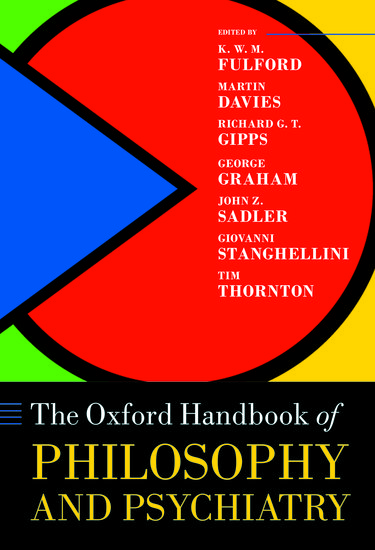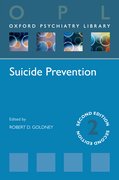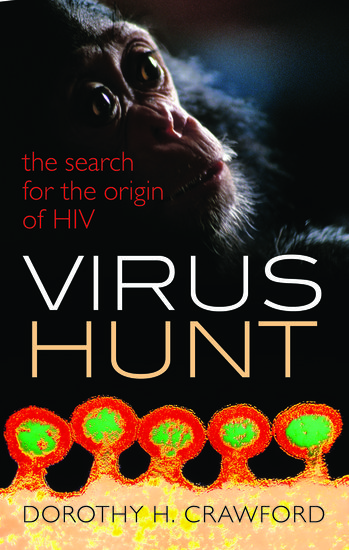Five things to know about my epilepsy
By Jane Williams
Diagnosed with epilepsy more than half my lifetime ago, I can’t remember what it’s like not to know about it. Despite it being the most common serious neurological condition in the UK, there is still a surprising amount of misconceptions surrounding it.









